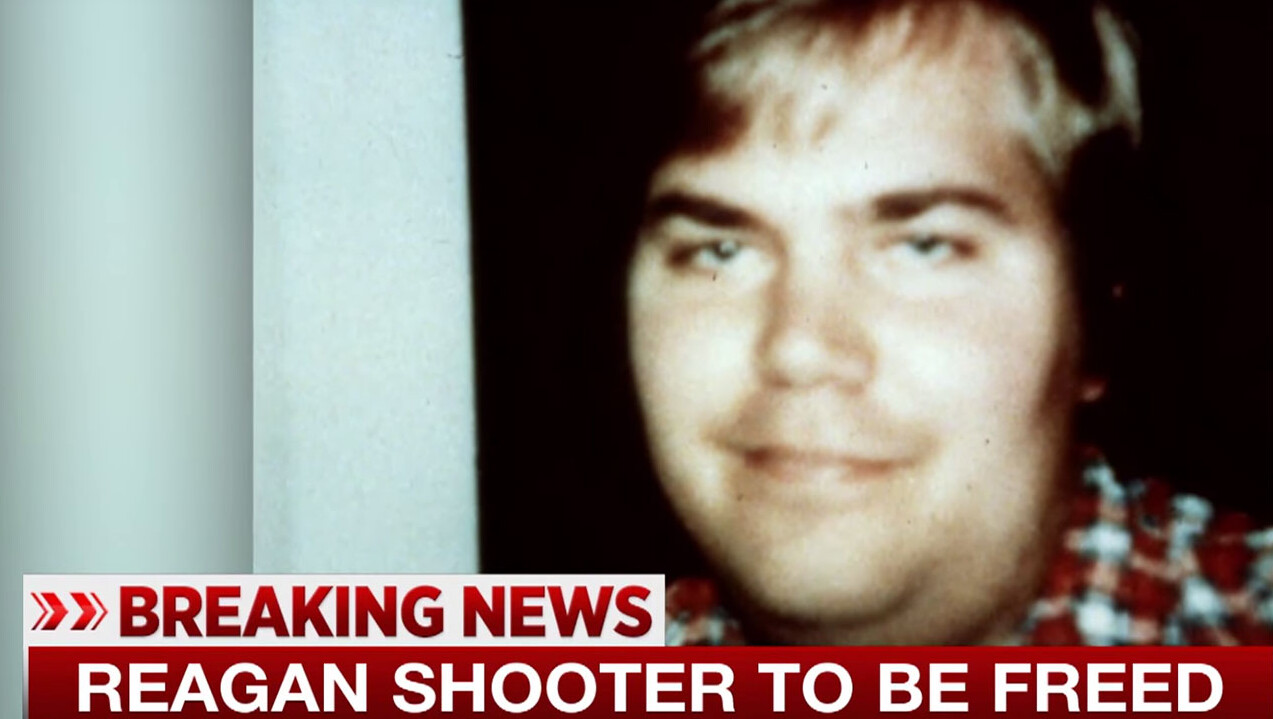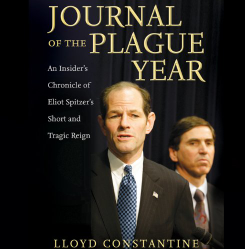Though hardly “free” it may soon be get out of “jail” day for two actual and would be presidential assassins. The forgetful and sloppy press coverage of the liberations proposed for Sirhan Sirhan and John Hinckley, Jr. is a profound disservice to the American public. The cases are being analyzed and reported as very similar. They were not and are not.

Jodie Foster & John Hinckley, Jr.
The important differences involve basic principles and goals of criminal justice. Starting there, and contrary to what right and left fielders tell us – criminal justice aims to deter, punish and rehabilitate. Not just one or two of those three.
Hinckley was not only not found guilty of the attempted murder of actual President Ronald Reagan, he was found “not guilty” by reason of insanity. That’s not a technicality and not “mere” or modified by other falsely minimizing adjectives. It is very tough to sustain the insanity complete legal defense to a criminal charge and was especially difficult in Hinckley’s extraordinarily unsympathetic case. The man who initially planned to kill Jimmy Carter and later Jodie Foster and/or himself to prove his love for her/she/hers has been incarcerated for more than 40 years, though barely so recently. Not as punishment, but to protect others and him from another violent manifestation of his mental illness.
Neither we, nor the Ronald Reagan Foundation and Institute, that opposes Hinckley’s complete release, is qualified to dispute the exhaustive clinical findings about Hinckley’s current state of health. And though as we’ve said, the jury’s verdict of no guilt takes his case out of an inquiry into whether the three rationales for criminal justice are being served, its rehabilitation objective is roughly analogous to the remediation goal in the treatment of all human illness, physical and mental. On that score the judge has ruled that the doctors all agree that after four decades of treatment Hinckley poses no significant risk to harm others or himself.

Sirhan Sirhan
Sirhan, who was convicted for the actual murder of Robert F. Kennedy, a man who in 1968 would be King, was initially sentenced to death. As a result of both judicial and legislative actions at the federal and state levels that sentence was commuted to life in prison. The entirely apposite examination of criminal justice’s three objectives is required here.
Has Sirhan’s punishment deterred others? Certainly not Hinckley nor “Squeaky” but possibly some.[1] And if so whether death or life in prison is a greater and better deterrent is a debate we will defer. What seems clear is if punishment really deters future crime, the knowledge that no crime however heinous (we consider Sirhan’s extremely so) eliminates all chance of future freedom and of getting to die in one’s own bed, undercuts that deterrence.

Lynette Alice “Squeaky” Fromme
Has Sirhan been adequately punished? Not to the extent nor in the manner intended by a jury of his peers. Let’s not get stuck on the death penalty but proceed to the substituted sentence of life. Sirhan’s parole is not his right nor his due, but a discretionary act of clemency.[2] RFK’s widow and most of his children oppose parole while others support it. Their positions, though far far more relevant than the Reagan Foundation’s on Hinckley, should not be dispositive. Each of us, and especially those who lived with Attorney General and Senator and likely President Robert Kennedy should consider this.
Has Sirhan been rehabilitated? After a very long string of unequivocal and detailed confessions of guilt and of malice of forethought, both documented in his diaries and on the Robert Frost show, Sirhan’s most recent pertinent statement was “It’s all vague now. I’m sure you all have it in your records. I can’t deny it or confirm it. I just wish this whole thing had never taken place.”

Rory Kennedy
That didn’t show sufficient contrition or rehabilitation to Rory Kennedy, the youngest child of Robert and Ethel Kennedy, born after his murder. Whatever this tells you about Sirhan’s recognition, remorse and rehabilitation relative to his crime, that case and Governor Gavin Newsom’s ultimate determination of the plea for parole and clemency have virtually nothing in common with the issues raised in the pending proceeding involving John Hinckley, Jr.
[1] Lynette Alice “Squeaky” Fromme, a member of the “Manson Family” was sentenced to life in prison for the attempted assassination of President Gerald Ford in 1975. She was sentenced to life in prison, served 34 years and was paroled in 2009.
[2] We served on New York State’s four-member Executive Clemency Committee, which is the last stop before the governor makes final decisions on such requests for parole, pardon, clemency and commutation – similar to the final decision that California’s governor will make in Sirhan’s case. In one case where our New York Clemency Committee unanimously recommended the governor allow a terminally ill woman who had murdered her husband and served more than 20 years, to die at home, our recommendation was rejected by the governor.



The law in DC at the time required the prosecution to prove a defendant making an insanity claim was sane, by proof beyond a reasonable doubt. Not easy to show by any means.
You’re right.